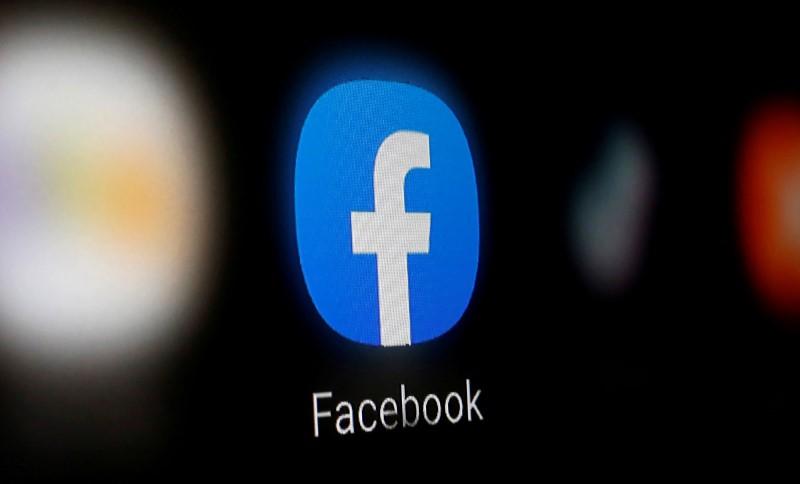Facebook said June 4 it would start labeling state-controlled media outlets on its platform amid intensifying concern over foreign actors using social media to shift public opinion to advance their own agendas.
The company said it would start labeling Facebook pages of state-run outlets, and from next week would start labeling posts from such outlets for users in the United States. The move would apply to Chinese state-run media such as Xinhua News, People’s Daily, and China Global Television Network (CGTN), and Russian state-owned outlets including Russia Today, and Sputnik.





